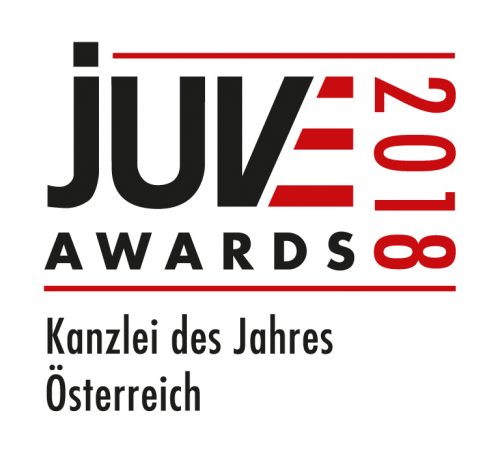Whistleblowing reporting systems
We help with implementation and processing!
On August 1st, 2023, the EU Reorganization Act (EU-UmgrG) came into effect, implementing the EU Mobility Directive (EU Directive 2019/2121). What does this mean for you and your company? We have examined the “paths” your company can take in the future.
For many years now, it has been possible to merge an Austrian corporation with a corporation from another EU member state. Additionally, due to the European freedom of establishment, it has already been possible to transfer the registered office of a company to another EU member state. However, both actions have regularly been associated with (legal) difficulties.
In addition to cross-border mergers, the EU-UmgrG now opens up the paths for cross-border conversion and cross-border division, which have long been hoped for in practice.
With cross-border conversion, the registered office of your company can be transferred to another EU member state without losing the legal personality of the company (thus, no “new” company is created). Both the “inward conversion” of a company from an EU member state into an Austrian corporation and the reverse process, the “outward conversion” (Austrian corporation transferring to another EU country), are permitted.
Whereas in the past a cross-border division first required a domestic demerger followed by a transfer of the registered office, this will be easier in the future. Here, as well, both outward and inward splitting are possible. The following variants exist: split-up to form a new company (transfer of all assets to two or more newly founded companies), split-off to form a new company (transfer of part of the assets to one or more newly founded companies) and spin-off (transfer of part of the assets to one or more newly founded companies in exchange for the granting of shares to the transferring company). The downer: a cross-border division for the purpose of incorporation will still not be possible.
Even in the case of cross-border mergers, which have already been possible, there are some changes: The system is essentially retained, but a mandatory procedure for reviewing the exchange ratios is now provided.
It should be noted that a decision by a court of another member state, ordering an additional cash payment, the granting of shares or other compensation is effective both for and against the merging domestic company.
In the future, an “abuse control” will have to be carried out by the Commercial Register Court in the case of an outward conversion, outward merger and outward division, for example to prevent the circumvention of national legal provisions. According to the materials, however, in the absence of concrete indications, it is generally to be assumed that no abuse has occurred. Moreover, the court is bound (if presented) to an information notice regarding the (non-)existence of abuse in accordance with section 22 BAO (Austrian Federal Fiscal Code).
In the course of reorganization measures, it is often overlooked that relocating a company’s administrative seat also has consequences under tax law. If the Republic of Austria loses the right to tax an asset in favor of other countries, this triggers the so-called “exit tax”.
This article is for general information only and does not replace legal advice. Haslinger / Nagele Rechtsanwälte GmbH assumes no liability for the content and correctness of this article.
31. July 2023






